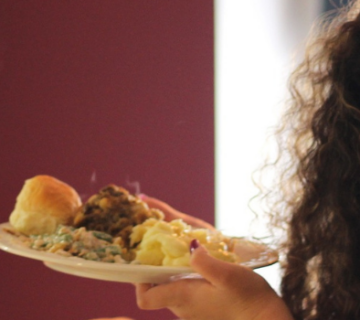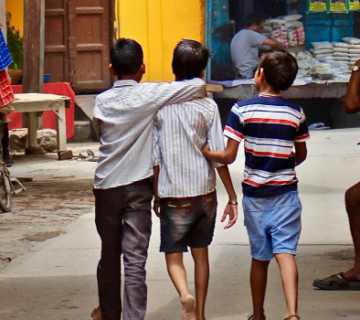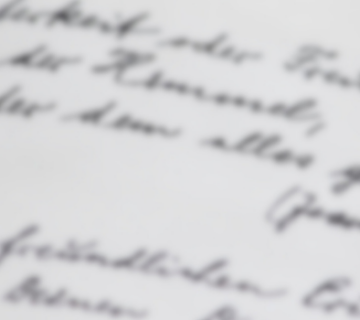The desire to share the discovery that has given meaning and joy to their lives – this is what drives someone to set out to give life to a temporary focolare. This way others too can experience the most beautiful of adventures – living for universal fraternity.
 They are young people, adults and families, who set off in small groups to visit distant countries where communities and villages await them. For a while they travel along the same road together, experiencing mutual acceptance and an exchange between the different cultures. They give of themselves to the others and they “make themselves one” with the others – in their joys and in their sorrows. They are certain that it is through loving our neighbours that each one of us finds our own full realisation. They believe that fraternity is possible between people of different faiths and beliefs and that the Golden Rule – “Do to others what you would have done to you” – exists for everyone to make it their own.
They are young people, adults and families, who set off in small groups to visit distant countries where communities and villages await them. For a while they travel along the same road together, experiencing mutual acceptance and an exchange between the different cultures. They give of themselves to the others and they “make themselves one” with the others – in their joys and in their sorrows. They are certain that it is through loving our neighbours that each one of us finds our own full realisation. They believe that fraternity is possible between people of different faiths and beliefs and that the Golden Rule – “Do to others what you would have done to you” – exists for everyone to make it their own.
These small groups are the so-called “temporary focolares”, a travelling version of the traditional focolares. They function as central points of the Movement in various territories. They are like beating hearts sharing the life within them. In recent years there have been dozens of them, all following in the wake of the “pioneers” of the Focolare Movement who, ever since the 1950s, were sent out by Chiara Lubich like modern apostles to bring the charism of unity to different continents.
 Nepal is a meeting point between the Mongolian populations of Asia and the Caucasian populations of the Indian plains. There is a profound sense of spirituality there with Buddhism practised side by side with Christianity and Hinduism. In 2018, from October 20 to November 7, a group of focolarini made their way to Nepal, travelling from the capital Kathmandu to Dharan, in the south, and then further north to Pokhara. Their goal was to build relationships.
Nepal is a meeting point between the Mongolian populations of Asia and the Caucasian populations of the Indian plains. There is a profound sense of spirituality there with Buddhism practised side by side with Christianity and Hinduism. In 2018, from October 20 to November 7, a group of focolarini made their way to Nepal, travelling from the capital Kathmandu to Dharan, in the south, and then further north to Pokhara. Their goal was to build relationships.
Coming from India, Italy and Great Britain, the members of the focolare group immediately immersed themselves in the Nepalese culture. On their arrival the Dashain Hindu festival was in progress. It’s the largest Hindu festival and it involves the whole country. The group participated in the Tika ritual, and received the traditional blessing.
In Daharan, the group was welcomed in parishes where they spoke of the history of the Focolare Movement and of its commitment to universal fraternity. They were met with great enthusiasm from the people and the priests.
In the capital, the group was joined by two Nepalese young people who had participated in the 2018 Genfest in Manila. They shared their experience with the students of a school run by Jesuit fathers.
In Pokhara they met with some Hindu families. Although they were poor and had very little to live on, harmony and dignity filled their homes. After the focolarini spoke about the ideal of unity, they were invited to have lunch together while listening to traditional music.
 The group then visited Bishop Paul Simick, the Apostolic Vicar of Nepal, who said he was happy about their presence in the country and invited them to meet the priests.
The group then visited Bishop Paul Simick, the Apostolic Vicar of Nepal, who said he was happy about their presence in the country and invited them to meet the priests.
This journey to Nepal was a journey of mutual enrichment, where the ideal of unity met the local cultures. A Buddhist saying describes it effectively:
Those who have “high” thoughts are not happy to remain in the same place. Instead, like the swans, they leave their own home and fly towards a higher home.
Claudia Di Lorenzi


 Italiano
Italiano Español
Español Français
Français Português
Português




Grazie di quest’articolo che esprime benissimo quanto abbiamo vissuto.
Che tanti sentano questo desiderio di partire e seminare….